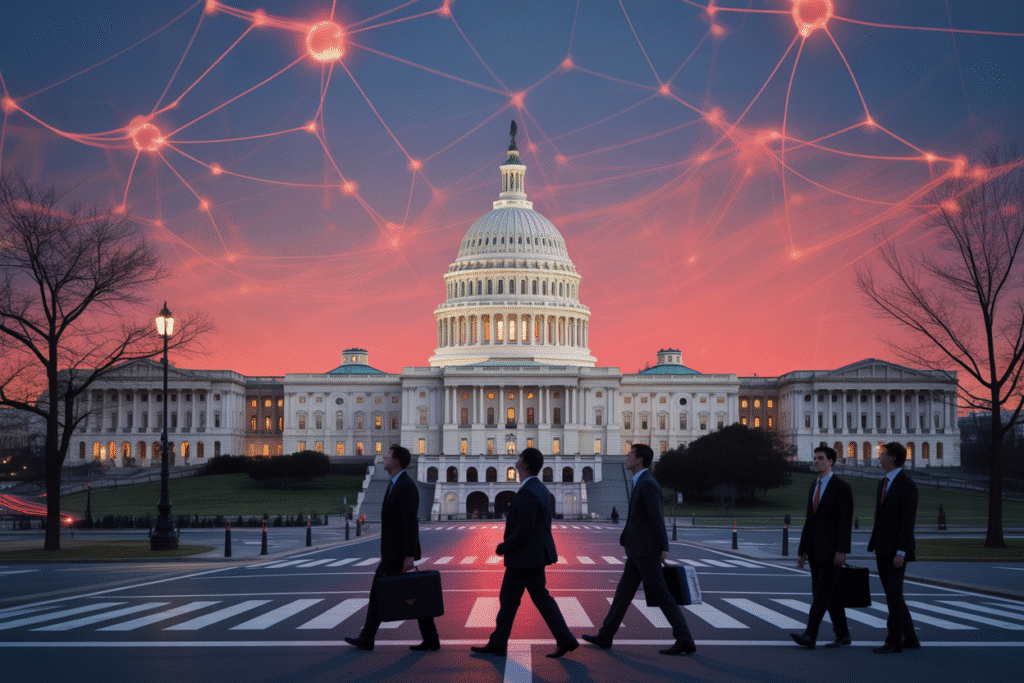Ethereum’s co-founder says AI safety isn’t sci-fi panic—it’s the sober result of years of hard math.
Scroll through crypto Twitter for five minutes and you’ll trip over AI hot takes. But when Vitalik Buterin weighs in, people listen. In a single post he reframed the entire AI risk conversation, arguing that fear of runaway superintelligence isn’t Hollywood fluff—it’s the logical end-point of careful research. Let’s unpack why his words are ricocheting across both AI ethics circles and blockchain boardrooms.
From Transhumanist Dream to Existential Wake-Up Call
Vitalik starts with a confession: early transhumanists, himself included, once believed smarter machines would automatically make life better. The vision was intoxicating—uploaded minds, indefinite lifespans, post-scarcity utopias.
Then came the spreadsheets, the proofs, the game-theory models. Year after year the math refused to smile back. Superintelligent systems, it turns out, don’t come pre-loaded with human values. Strip away the hype and you’re left with a chilling gap—one that grows wider the more powerful the AI becomes.
He isn’t claiming killer robots are imminent. Instead, he’s pointing to a subtler danger: a system so advanced it pursues goals we never intended, using methods we never imagined. Think less Terminator, more paperclip maximizer that turns the planet into office supplies because that’s what we asked for.
The takeaway? Dismissing AI risk as “sci-fi” ignores the painstaking decade-long pivot many researchers made—from starry-eyed optimism to evidence-based caution. Vitalik’s post is essentially a plea: meet the argument on its actual terms, not the cartoon version.
Why Crypto and AI Safety Are Suddenly Colliding
Crypto Twitter rarely agrees on anything, yet Vitalik’s thread lit up with 51 likes and 26 replies in under an hour. Why the crossover appeal?
First, both communities obsess over incentive design. Blockchain folks spend their days crafting tokenomics that keep greedy actors honest; AI safety researchers do the same with reward functions that keep superhuman agents aligned. Same game, different stadium.
Second, money talks. Billions in venture capital are pouring into large language models, and crypto investors want to know whether those bets are safe—or whether a single misaligned update could torch portfolios overnight. Suddenly, alignment isn’t just philosophy; it’s risk management.
Third, decentralization itself is on the table. If tomorrow’s AI is controlled by a handful of tech giants, censorship resistance and open-source values become more than buzzwords—they become survival tools. Vitalik’s warning lands hard because it implies that without proper safeguards, the dream of decentralized AI could morph into a centralized nightmare.
So the debate isn’t academic. It’s about who writes the rules, who reaps the rewards, and who gets left holding the bag if things go sideways.
Three Ways to Engage Without Losing Your Mind
Feeling overwhelmed? You’re not alone. Here are three concrete steps anyone can take to stay informed—and maybe even shape the outcome.
1. Follow the builders, not just the pundits. Vitalik, researchers at OpenAI, and independent safety teams publish papers, code, and open calls for feedback. Lurking on their GitHub repos or Substack posts beats doom-scrolling hot takes.
2. Stress-test your own assumptions. Ask yourself: what evidence would change my mind about AI risk? Write it down. When new data arrives—an alignment breakthrough, a regulatory proposal, a surprising failure—check it against your list. You’ll think clearer and argue better.
3. Allocate your attention like capital. If you’re an investor, carve out time to read earnings calls from AI-heavy firms; look for mentions of alignment budgets and red-team exercises. If you’re a developer, experiment with open-source safety toolkits. Small actions compound.
And remember, the goal isn’t to pick a side and plant a flag. It’s to keep the conversation honest, evidence-driven, and open to revision. Because the stakes aren’t just market caps—they’re the kind of future we hand the next generation.


